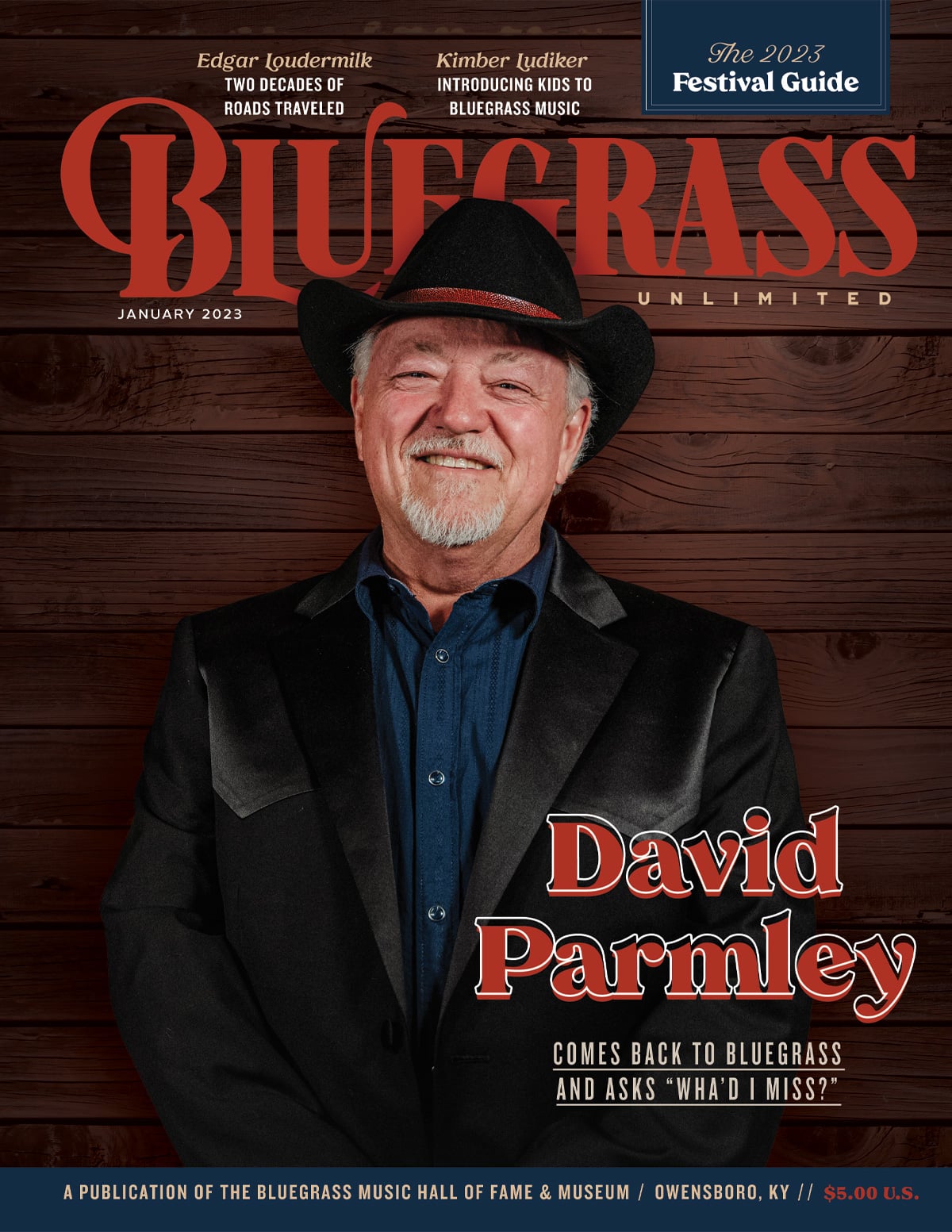COULDN’T HAVE A WEDDING WITHOUT THE FIDDLER
COULDN’T HAVE A WEDDING WITHOUT THE FIDDLER:
THE STORY OF TRADITIONAL FIDDLING ON PRINCE EDWARD ISLAND
BY KEN PERLMAN
University of Tenn. Press. Paperback, 504 pp., $39.95.
(Univ. Of Tenn Press, 110 Conference Center, 600 Henley St., Knoxville, TN 37996, www.utpress.org.)
This is the crown jewel of Perlman’s extensive research of the fiddling on Prince Edward Island. He sets the stage by capturing in the denizen’s words about what life was like on the island at the time of his research 25 years ago. The last remnants of an older lifestyle were in place, and those living knew the old order. Like any good anthropologist, Perlman steps aside and lets the people tell the story in their own words. They describe a life where the good of the individual was based on the common good. All pulled for a common cause, their mutual survival. Entertainment options were limited and hence the title. Fiddling ruled in their entertainment world as it provided the basis for dance, part of the glue of their society.
The changes that took place prior to this research are documented. The fall of and the revival of a traditional art are revealed. There are chapters where fiddlers talk about their art and reflect on what it means to be a fiddler, the challenges of fiddling, and the changing role of fiddling on the island. Fine photographs put faces to the words. We see different generations playing together. We learn about a people and their values. The title was taken from a quote by Archie Stewart. “That was the three most important people in the town: the minister was first, the school teacher was next, and the fiddler was next. Couldn’t have a wedding without the fiddler!”
Three main groups of people make up the population of the island; Irish, Scots, and French. To read this book is to visit with these people and even though they are far removed from the Southern mountains, their lifestyle was and is very similar. Primarily rural, they enjoy life and music. They know who they are, and their music helps define them.
There are extensive appendices providing musical examples and further information on the material presented. This is an important addition to the Charles K. Wolfe Music Series from the University of Tennessee Press.RCB
